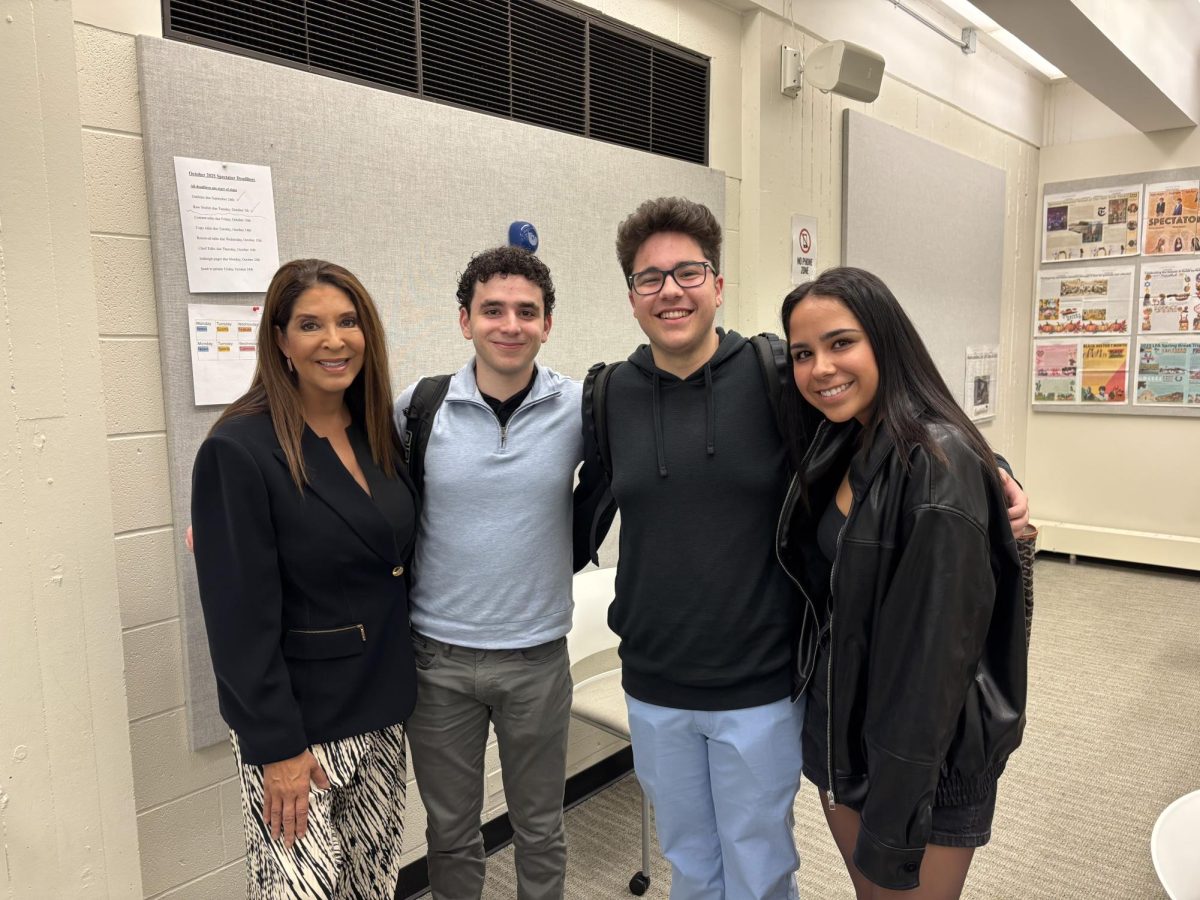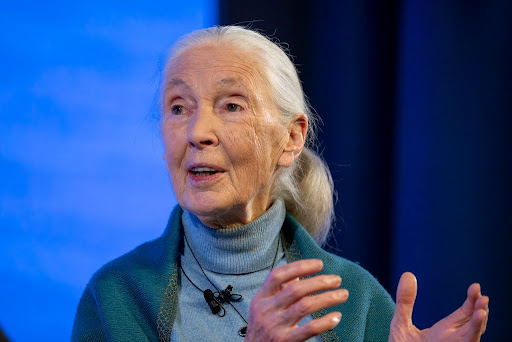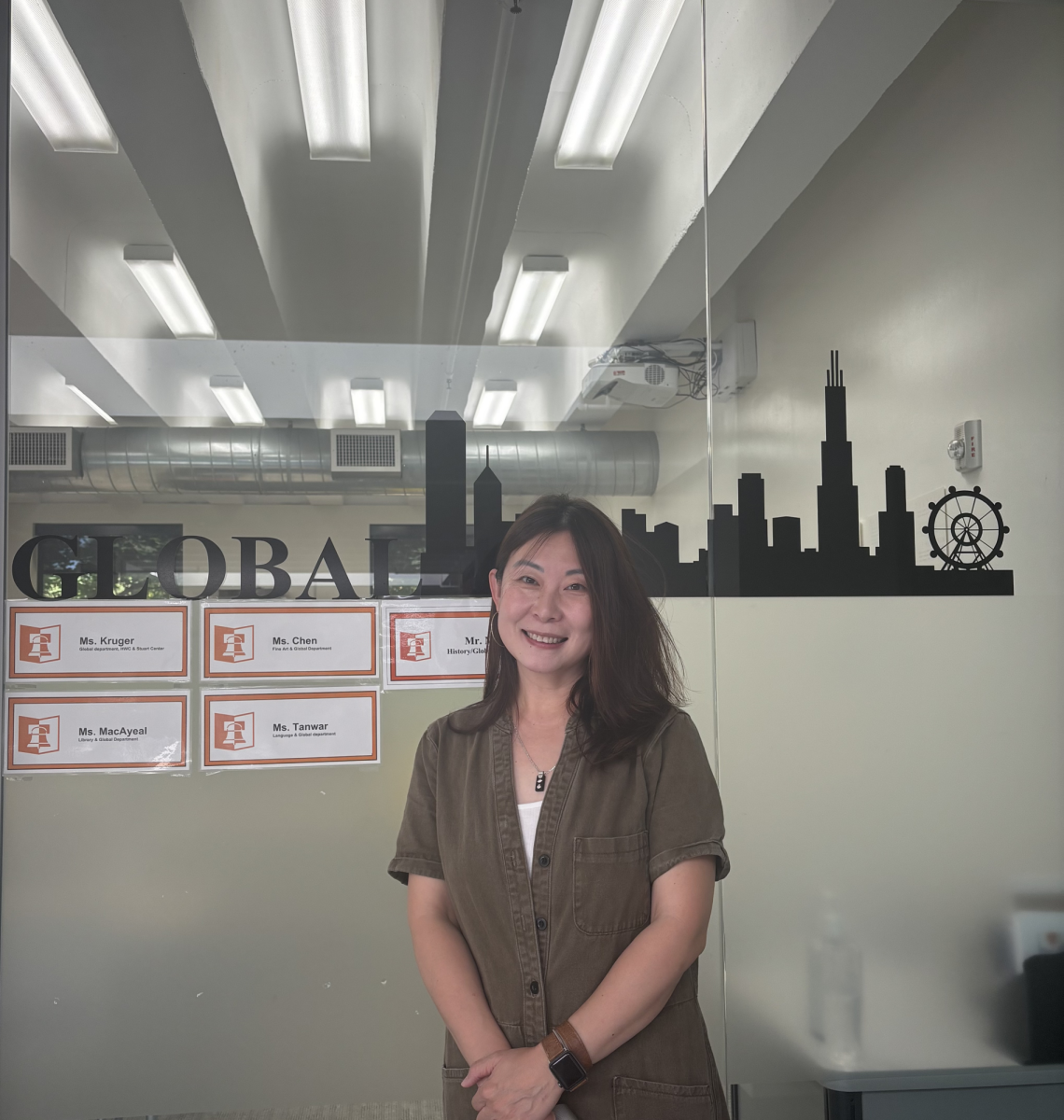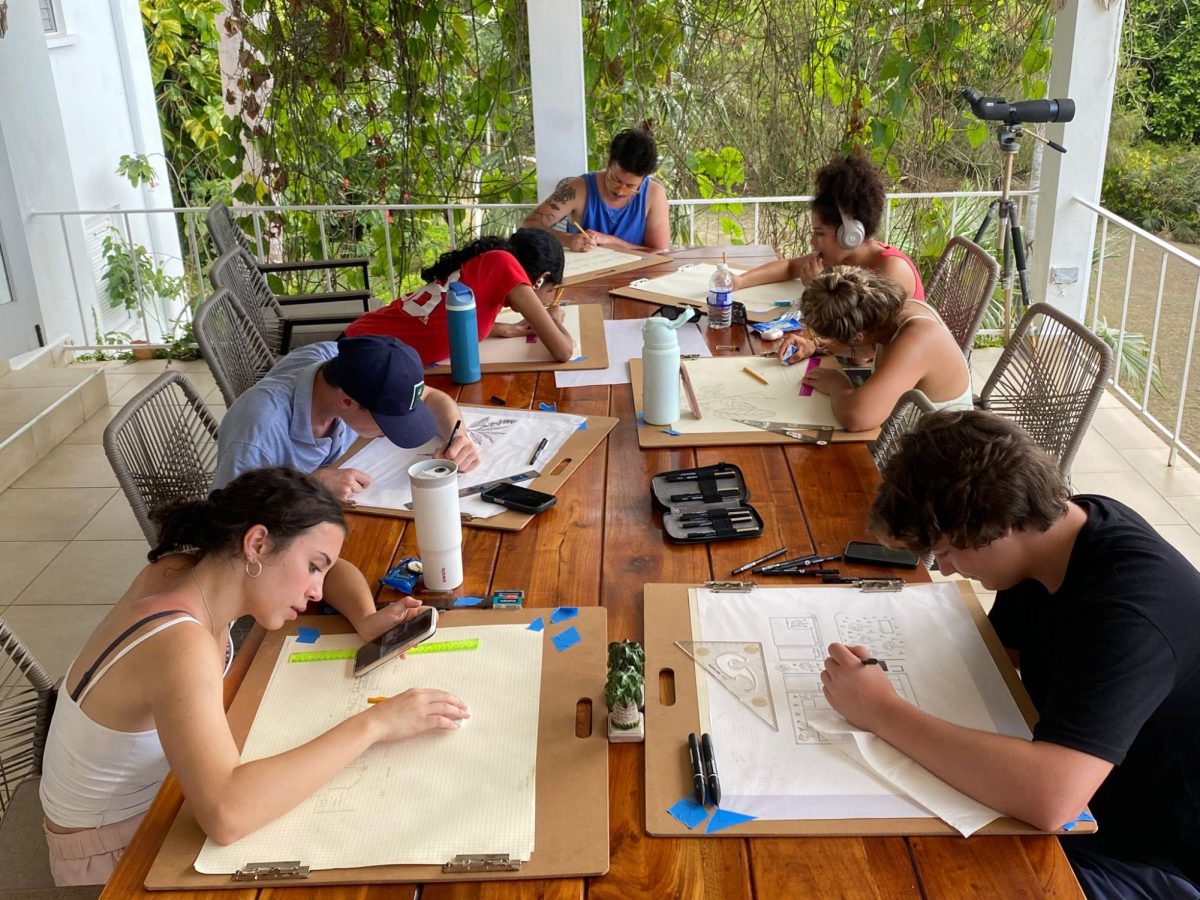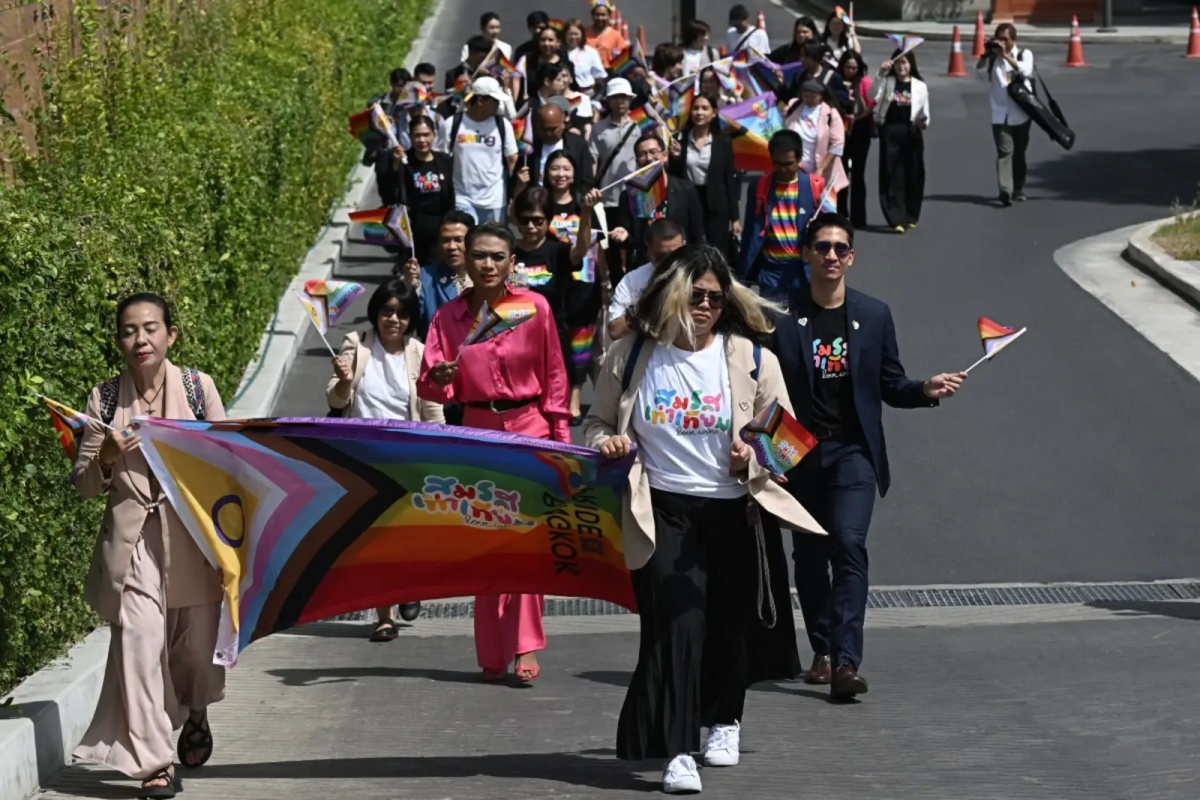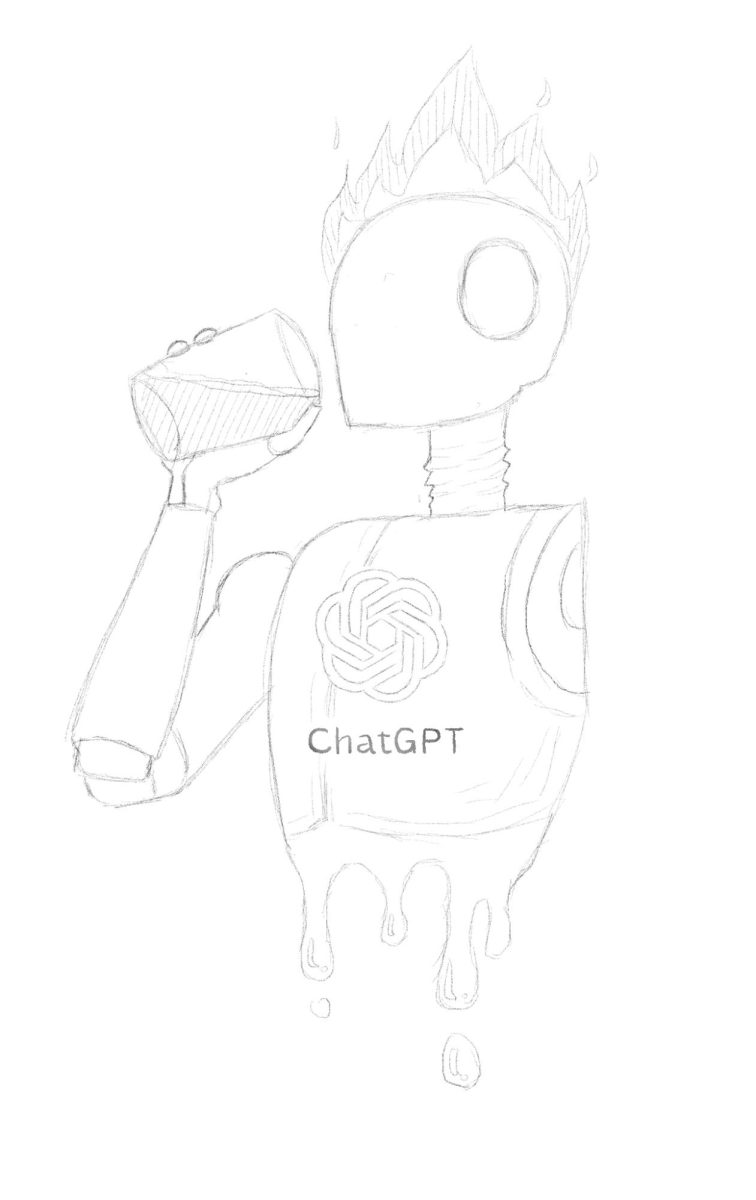Names: Our Value, Esteem, and Identity
November 8, 2021
Names are an essential part of our identity and value. When referenced through our names, there is a sense of respect, self-confidence, and esteem. Many hold cultural or historical significance and can oftentimes help us navigate our place in society. When this part of our identity is disregarded, either through being butchered or confused for another, it takes away a part of the individuality and unique disposition of each student.
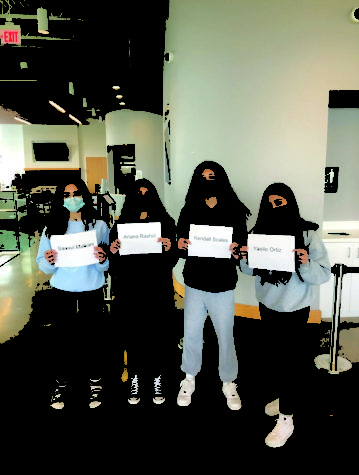
This is a common issue at Lake Forest Academy. Students of the same race or with merely similar features are repetitively grouped as one and confused for each other despite identifying as entirely different races and sometimes even genders. In an interview with Saanvi Malkani ‘23, Malkani expressed her frustrations concerning this ongoing issue.
“It’s frustrating when teachers, specifically, mix you up because you have nearly the same skin color and culture as another student. What is even more defeating is when a teacher mixes up a boy and a girl of the same race”. When discussing experiences that people have had with teachers, Malkani expressed her understanding that “they have a lot on their plate, but it is disheartening to see a school that prides itself on culture and diversity” yield experiences that are “blatantly racist”.
“It is disheartening to see this kind of thing repeatedly happen. It really disappoints me to see these patterns in students, these are people who got accepted into the school for their appreciation of culture and diversity and inclusivity, students who were carefully picked out of a large application pool.” concluded Malkani.
Other students have expressed similar disappointments with the repetitive mistakes regarding their identities, as well as the attitude taken towards large groups of students of color. Ariana Rashid ‘23 said, “It’s seen as not normal for there to be a surplus of students or color, and especially when they spend time together they are seen as a cult—which is not applicable to non-POC”. Rashid expanded on her frustrations by saying “I feel as if my only identity is being a brown girl, not my accomplishments or achievements, just my race” concluded Rashid.
Names carry history, legacy, and value. Yaelle Ortiz ‘23 explained the significance of her name and how mistakes and mispronunciations dilute the magnitude of it.
“Yaelle means to ascend and it’s a Hebrew name from my mom’s side of the family. When missaid, it feels like the value of my identity is taken away. As for getting me mixed up with other students, it creates a level of comparison to the outside world between me and my friends, which is not needed.” stated Ortiz.
With the large diaspora of communities that the current demographic of LFA is made up of, it is important to acknowledge each of them for their differences in order to avoid harboring a culture that erases identity. Allowing for these mistakes to repeat uncheck leads our community down that path. Nirali Dalia, School Counselor, expressed her thoughts on the dangers of a melting pot that strips others of their right to identity.
“We have to get away from that idea where everyone has to be the same, and value and love each other for our differences and the rich cultures from where we come, whether that be generations ago.” said Dalia.
Being continuously misnamed, mislabeled, or misidentified can build up frustration and anger within students. Each student handles those emotions differently. For some, such as Jayson Harrison ‘22 and his friends, looking at each other and laughing is enough, for others the failure to distinguish between them from another student is not easily ignored.
Kendall Scales ‘24 shared that, “I appreciate those teachers and students who try to correct themselves when they catch it, but for the ones who keep misnaming me and confusing me with another student I make a point to correct them and say that’s not my name.”
The effects of the continuing practice of misnaming and misidentifying students, should not be left at the hands of those same students to handle alone.
Some actions we can take as a community to resolve these problems are to consistently make conscious efforts to accurately identify students, and to acknowledge mistakes with severity and the serious intention to avoid that mistake again. Making students feel comfortable in their own skin is something that is oftentimes overlooked at LFA. If we pride ourselves on being accepting and diverse, then we must learn to satisfy the traits of inclusivity. If we state that racism will not be tolerated, we must work together as a community to defy it.
The fact of the matter is, by misidentifying students, racism continues to remain prominent in the school. Names are a large part of our identity and our community needs to begin to make a better effort of valuing them.


